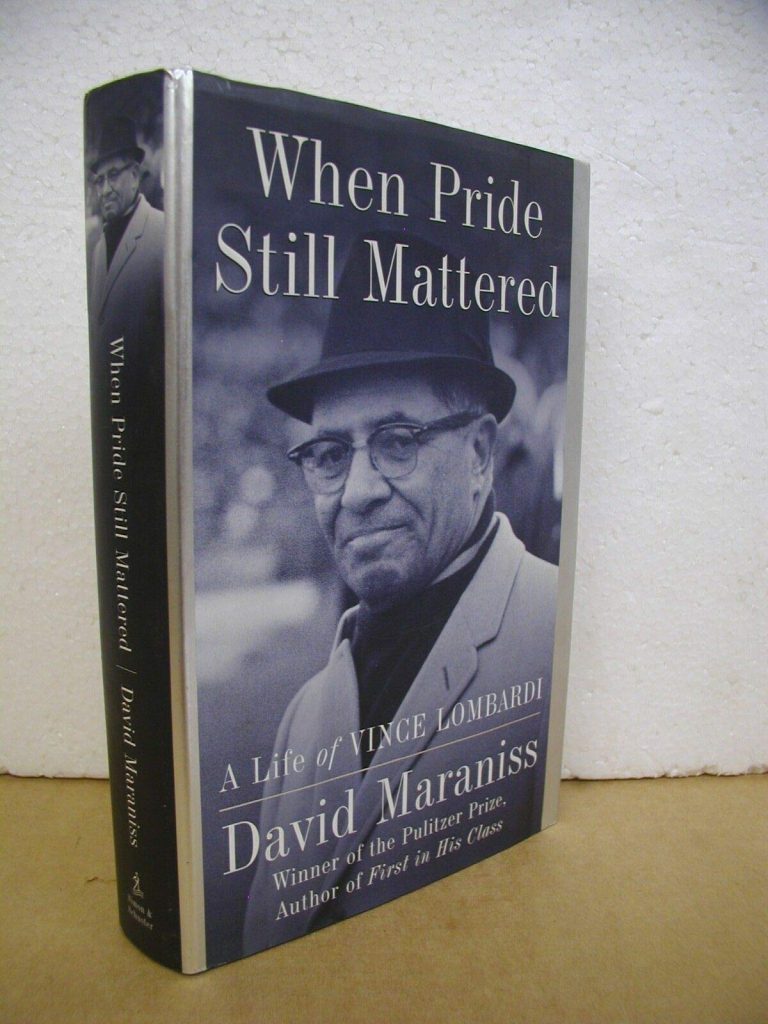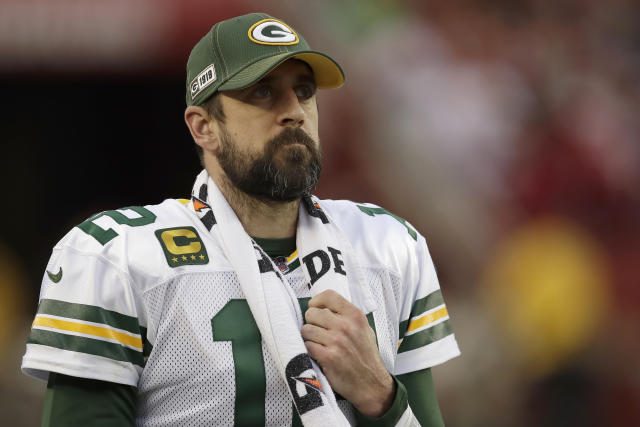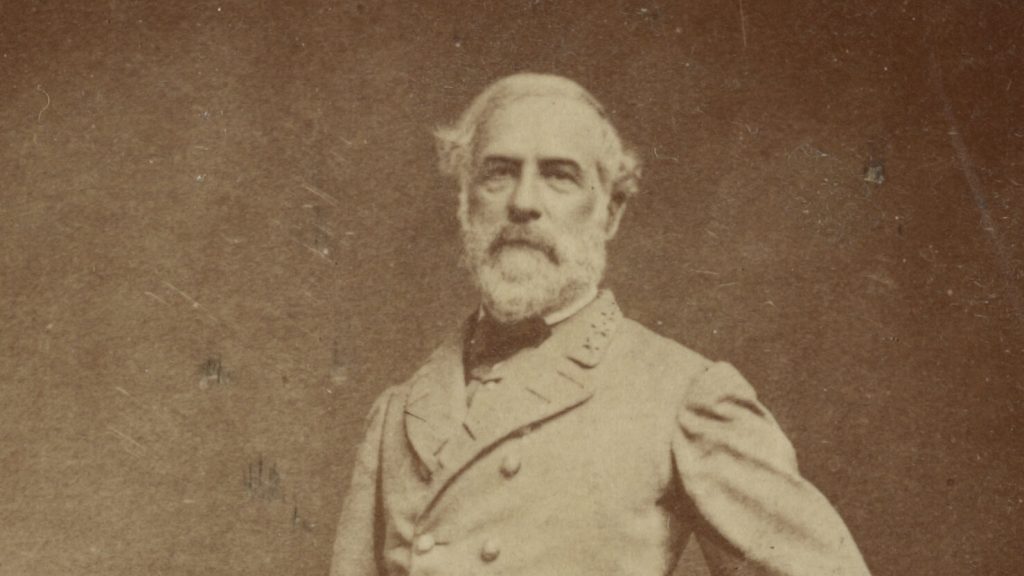In his great book about legendary Green Bay Packers coach Vince Lombardi, David Maraniss quotes one of Lombardi’s players about how most big-time athletes – perhaps particularly professional football players – really are.
Most “are basically lazy guys,” said one-time Packer safety Tom Brown. “We want to take the easy way out. We are so far superior. We’ve always been better. As nine-year-olds. Ten-year-olds. We were always the best athletes on the field. We probably got preferential treatment from youth coaches and all the way up. So we really never had to give one hundred percent effort. Because if we gave seventy-five percent, we were better than all the other kids.”

We easily distracted Americans love our sports stars and celebrities. When those people seem genuine – faking sincerity, after all, is the greatest talent of celebrity – we love them all the more. If they are a little outrageous at times, no worries. A bit of outrageousness is a small price to pay for a pass brilliantly thrown or an interception skillfully picked.
Aaron Rodgers, at least until a few days ago, had all the ingredients we relish in a big-time sports celebrity. The Packer quarterback is a really good player. He plays for what is still the marquee franchise of the National Football League, a team with fans who actually own shares in the team and show up for games played on frozen turf in a stadium so far from the bright lights that Wikipedia locates it in “the north central United States.”
Rodgers seems – or seemed – to be the real deal. A legit sports hero of the old school. A three-time NFL Most Valuable Player with a sure-fire lock on the Hall of Fame. But like Tom Brown’s typical player, it turns out Rodgers is just lazy. So far superior to the rest of us and to his teammates, coaches, locker room attendants, and football opponents, not to mention family and friends, that he assumed he could lie his way through a requirement that he be vaccinated against Covid-19.
Turns out Rodgers is a role model. A role model for millions of selfish, self-centered, fact-challenged Americans of the year of our lord 2021. Rodgers is in the words of columnist Max Boot “a pandemic ignoramus,” a role model for the millions of Americans who continue to deny science and through their ignorance keep a deadly pandemic rolling along.
Rodgers’ defense of his indefensible behavior sounds like it could have been uttered at any number of local school board of public health meetings across the country. The “woke mob” was after him, Rodgers claimed in an interview where he riffed on conspiracy theories, peddled nonsense about vaccine effectiveness and generally made a fool of himself.
Of course, the Packer quarterback – he missed last week’s game after testing positive and his team lost, but hey, no biggie – is different in one respect from most of his fellow science-denying conspiracy theorists. He gets paid $33.5 million a year. But in our times, there is clearly no price point on stupidity.
The sports journalist Sally Jenkins sacked the quarterback pretty effective. “He will now be known as a guy who is slicker than his TV hair,” Jenkins wrote, “who thought he was unique, too much so to follow rules, and more precious than anyone in the room. May he make a speedy return to the Green Bay Packers with no symptoms, but as for sympathy, that should be diverted to people who shared spaces with him when he was unmasked, who now have to sit around and wonder whether they brought something home because he was too coy with the coronavirus.”
In a second interview earlier this week, attempting to clean up his first interview, Rodgers appeared to attempt contriteness, saying, “I made some comments that people might have felt were misleading. And to anybody who felt misled by those comments, I take full responsibility for those comments.”

It was a classic non-apology apology, the weasel words of our times. What Rodgers was really saying was, “I’m sorry if you were offended by my stupid comments, but, you know, that’s kinda your problem.”
Rodgers will no doubt return to the Packers, and the NFL, home to all number of domestic abusers and cranks of every kind, applied a tiny financial slap on his $33.5 million wrist. Rodgers’ endorsement deals, undoubtedly worth more than his play calling, will continue. And we’ll move on to the next dust up, maybe the socialist vaccine indoctrination tactics of Sesame Street’s Big Bird.
In the whole scheme of things that matter, Aaron Rodgers ranks somewhat lower than the Detroit Lions. He’s a winner that has become a loser, an “I did my research” crank masquerading as an All-Pro quarterback. What does matter with this loser from Green Bay is what matters with the millions like him who keep fueling the pandemic. They are not just stupid; they are damn poor citizens.
Sure, don’t get vaccinated for yourself. That is your right. Anyone can be nitwit, a nitwit who could get really sick and maybe die.
If the selfishness, stupidity, and self-centeredness just impacted the Aaron Rodgers of our world it would be one thing, but he – and so many others – must know they impact their family, friends, neighbors, the mom and child casually encountered in the grocery store or the teammate in the locker room. It’s not about a silly quarterback, it’s about the community. It’s about something bigger and more important than some stupid misinformation he read on the Internet.
Whether Rodgers appreciates it or not, he and every Packer lives a Green Bay career in the shadow of the great Lombardi, a man with low, if any tolerance, for nonsense and selfishness. His “brilliance was his simplicity and dependability,” Maraniss wrote, and his insistence on standards.
Surely some of the Lombardi legend is the product of myth making, a feature of much of sports history, but the guy did speak of enduring values. “People who work together will win,” the coach said. “whether it be against complex football defenses, or the problems of modern society.”
The problems of modern society. What a concept that an individual might have some, even tiny responsibility to help with the problems of modern society.
Anyone old enough to remember Lombardi and his great Packer teams can be pretty certain of what the old man would think of the silly guy in the huddle acting a whole lot smarter than he is.
—–0—–
Some good reads…
My “carefully” curated selections this week.
Lee’s Fault

A new biography to add to the shelf of biographies of Robert E. Lee. I think I’ve read most of them. Here is an interesting review of the latest by Allen C. Guelzo.
“In 1861, of the eight colonels from Virginia who had graduated from West Point, Lee was the only one to fight against the United States. As Adam Serwer, a columnist for The Atlantic, argues, ‘But even if one conceded Lee’s military prowess, he would still be responsible for the deaths of hundreds of thousands of Americans in defense of the South’s authority to own millions of human beings as property because they are black.'”
History is all about grappling with figures like Lee, worts and all. Here’s a link to the review:
A year after the election, America has turned the news off
Turns out a lot of Americans aren’t paying all that much attention to the news. Short article from the Columbia Journalism Review.
“On television, between October 2020 and October 2021, according to Nielsen data, CNN was down 73 percent, to 661,00 viewers. Over the same period, MSNBC was down 56 percent, to 1.2 million viewers, and Fox News was down 53 percent, to 2.3 million viewers.”
Might be the you know who is no longer president factor. Link here:
The Literary Adventures of Polly Adler, the Algonquin Round Table’s Favorite Madam
Great piece…
“In one of the most spectacular examples of the law of unintended consequences in American history, Prohibition gave the underworld a cachet it had never had before. The 18th Amendment to the Constitution banning the sale of ‘intoxicating liquors’ had the perverse effect of transforming the sleazy underbelly of vice into a cutting-edge counterculture. ‘Slumming’ had long been the hobby of sporting men, raffish intellectuals, and wealthy young rakes who had so much money and social stature that they could afford to flout conventional morality. Now anyone who wanted a glass of beer was forced to consort with criminals.”
See you next week…be careful out there.









